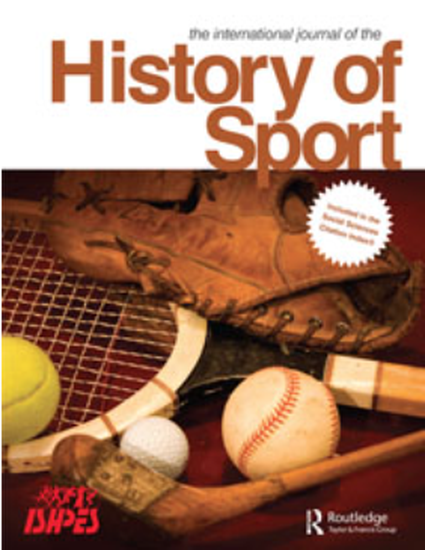
The present study examined longitudinal changes in Asian (i.e. Mainland China, Hong Kong and Taiwan) school students' national identity before, during and after the 2008 Beijing Olympics. Participants were 946 secondary students aged 12–17 years from Mainland China, Hong Kong and Taiwan. This study revealed that residence, especially the hosting city, acted as the most significant factor in longitudinal changes and contribution to the national identity among the three regions. The time factor (before, during and after the Games) was only significant when it interacted with residence. These findings suggest that residence (hosting city) provided the greatest contribution in national identity before, during and after the 2008 Beijing Olympic Games.
Available at: http://works.bepress.com/lynda_ransdell/49/
